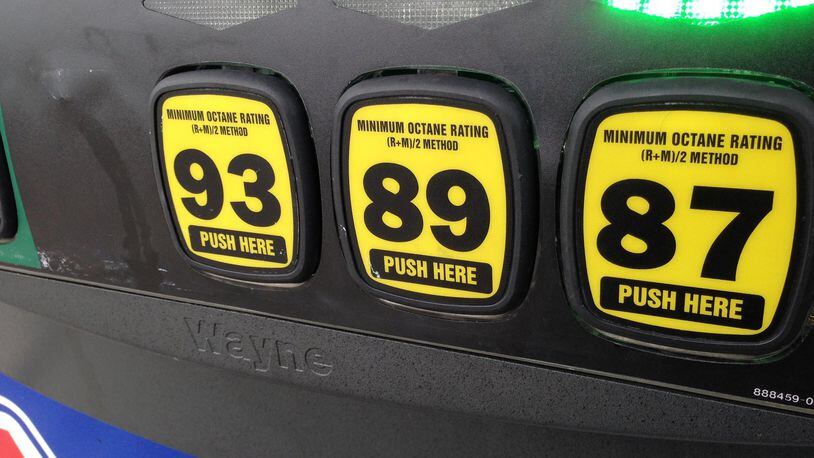For about a decade, the U.S. EPA has required use of “low Reid Vapor Pressure” gasoline from June 1 through Sept. 15, Ohio EPA Director Craig Butler said.
The change is expected to save motorists $44 million in Butler, Clark, Clermont, Greene, Hamilton, Miami, Montgomery and Warren counties.
Federal officials approved use of the low-RVP gas as a substitute for the unpopular “e-check” program in which vehicles used to have their tailpipe emissions routinely monitored.
“Nobody liked that (e-check program),” Butler told this news organization. “We didn’t like it either, and we found that as air-quality improved, we could switch to this low-RVP program.”
But low-RVP fuel turned out to be more costly than the expected.
“We were able to make a very scientific case back to the federal EPA that we can relieve consumers from this hidden expense, and still see all of the environmental improvements, by these two facilities changing their boilers to natural gas,” Butler said.
The U.S. EPA expedited Ohio’s request, “so we could give guidance to the refiners, that they would not have to make this gasoline this year,” Butler said.
The Sierra Club and the air force base did not respond to requests for comment.
Denise Quinn, plant manager at the Trenton brewery, said, “We are constantly evaluating our processes in an effort to operate more efficiently, as sustainability is a key priority at Miller Coors.”
The brewery in January of 2016 permanently shut down two coal-fired boilers that were installed in 1981 and were used to make steam for the brewing process. The company spent more than $10 million in switching to a natural-gas process partly to reduce greenhouse gas emissions, but also also to reduce costs “and remain ahead of the curve when it comes to complying with increasingly stringent air quality requirements,” Quinn said.
Because of the change, the brewery’s greenhouse gas emissions in 2016 decreased 37 percent; nitrogen oxide emissions droppedd 88 percent; and sulfur dioxide emissions decreased 96 percent, she said.
Quinn added: “The Trenton brewery is the first and only brewery in the country to receive recognition from U.S. EPA for achieving the Energy Star for Industry Challenge. To achieve recognition, the facility certified that it reduced the overall energy intensity of making beer by 10 percent.”
Meanwhile, at the brewery, Miller Coors has completed “over 20 energy reduction efforts involving people and processes,” and also has made numerous changes to reduce energy and water usage, Quinn said.
The brewery in 2009 was the first Miller Coors brewery to become landfill-free, meaning, “we reuse and recycle materials at a rate of over 99 percent” Quinn added. “The facility ships over 60,000 truckloads of beer per year, and for every five truckloads of beer produced, the brewery generates one truckload of co-products, recyclables and beneficially reused materials.”
About the Author
